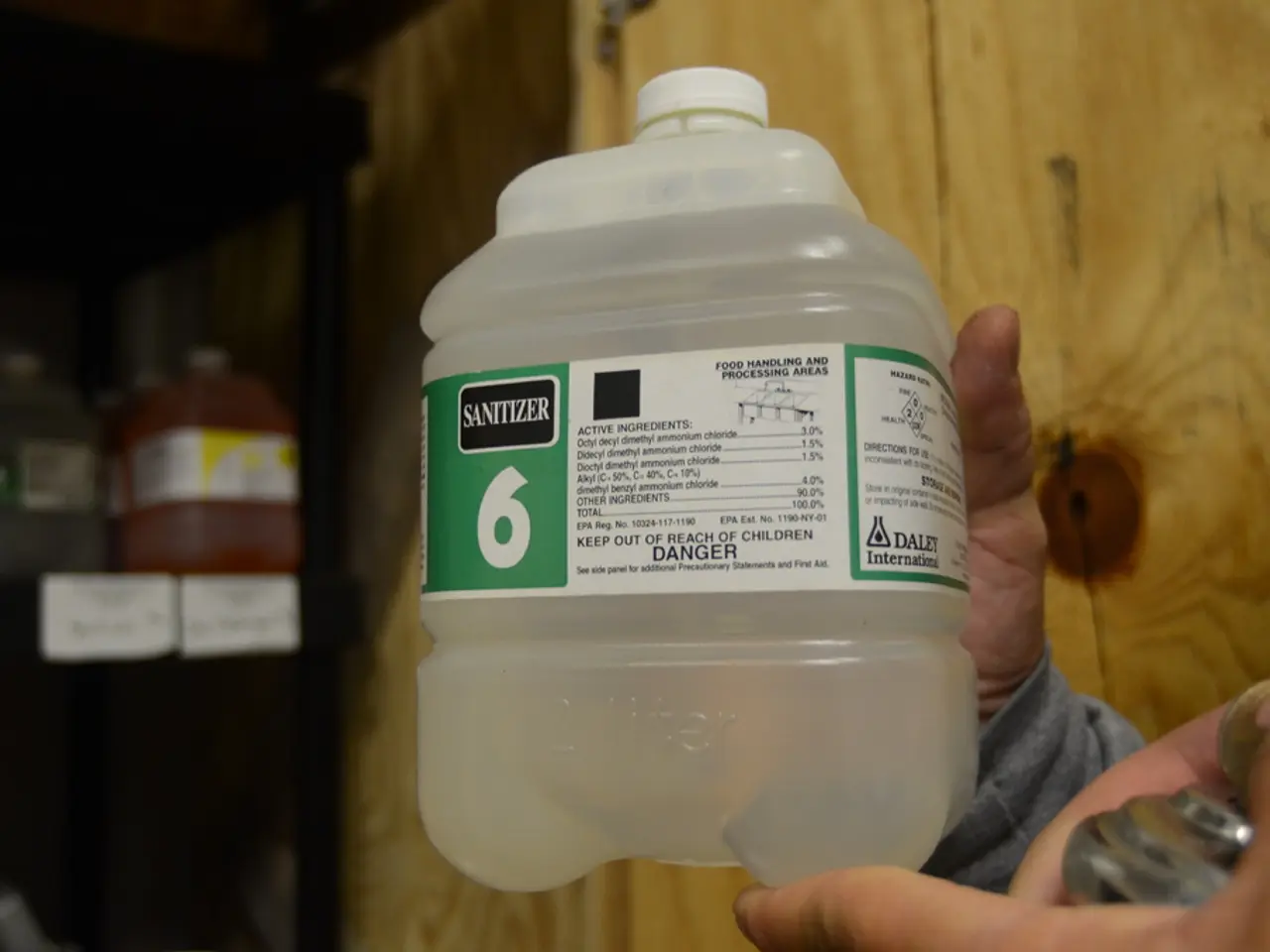Proper Hand Hygiene: Your First Line of Defense Against COVID-19
The world is battling COVID-19, and one of the simplest yet most effective ways to protect ourselves and others is through proper hand hygiene. This involves washing hands with soap and water or using alcohol-based hand sanitizers. Let's explore the dos and don'ts of handwashing to stay safe and healthy.
Handwashing is a crucial habit that should be practiced frequently, especially after touching public surfaces or before eating. The process is straightforward: wet your hands, apply soap, lather for at least 20 seconds, rinse, and dry thoroughly. Regular soap is effective; there's no need for antibacterial soap. This routine helps reduce more bacteria than washing with water alone and protects against SARS-CoV-2, the virus causing COVID-19.
When using hand sanitizers, opt for alcohol-based products with at least 60% alcohol. Apply a generous amount and rub into both hands vigorously until they're dry. While convenient, sanitizers shouldn't replace handwashing, as they can reduce helpful bacteria and shouldn't be used excessively, leading to skin dryness and damage. Remember, germs spread from surfaces to people when we touch a contaminated surface and then touch our face with unwashed hands.
Proper hand hygiene is our first line of defense against COVID-19 and other illnesses like pneumonia and diarrhea. By washing our hands regularly and effectively, we protect ourselves and others, reducing the spread of viruses and bacteria. Let's make handwashing a daily habit to keep our communities safe and healthy.
Read also:
- Exploring the Psychological Impacts of Plant Therapy and Enhancing Mental Health through Floral Interactions
- EU Faces Demand from Protesters to Halts Incineration of American-Owned Birth Control Products
- MERS (Middle East Respiratory Syndrome): A Comprehensive Overview and Treatment Guide
- Strategies to Maintain Optimal Eye Health Throughout Aging Process





